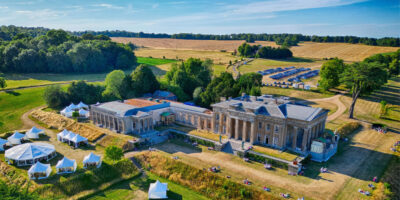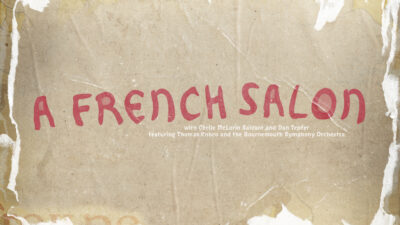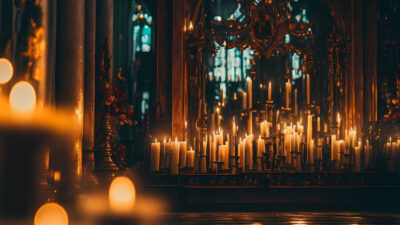Sounds of Social Distancing | Christopher Luscombe
Playlist |
This month we are starting the playlists again. Many of you have told me how much they enjoyed listening to them during the rigours of lockdown.
There are subtle differences this time: they will be once a month, on the basis that you all now have busier lives than before; and we are planning to continue them until next April, when, fingers crossed, we will be starting to put the 2021 Festival together.
And the other change is that from now on they will be guest curated. Each curator will have worked at some stage for The Grange Festival, and each will bring her or his personal taste and experience to the party.
I am delighted that last year’s director of Falstaff, Christopher Luscombe, has agreed to open the batting. As you will see, he is a man of the theatre across an astonishing range, and each of his tracks is there for a special reason based on his experience as an actor or director.
So over to Chris……
You will not be disappointed; I can promise you.
Michael Chance
Related Articles

Stay connected
Join the Grange Festival community and stay connected to a world of enchanting performances and exclusive events.


